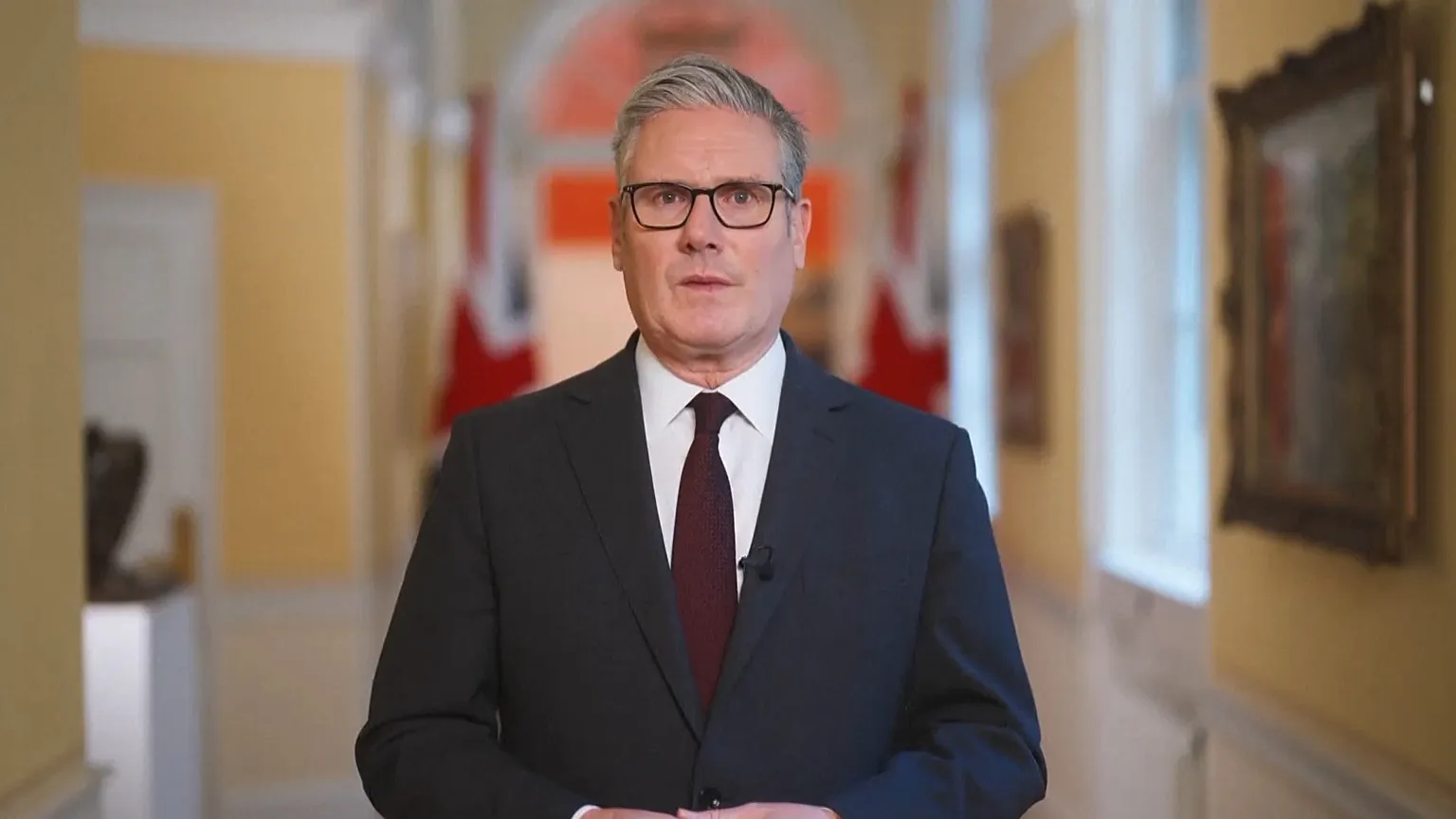Canada, Australia, UK Recognize Palestine State – Historic 2025 Diplomatic Move
Three of America’s closest allies – the United Kingdom, Canada, and Australia – officially recognized Palestine as a sovereign state on Sunday, marking a significant break from decades of alignment with the United States. This coordinated move represents one of the most important diplomatic shifts in the Middle East conflict in recent years.
Major Powers Take Unified Stand
The three governments announced their decision simultaneously on Sunday, September 21, 2025. This recognition came in coordination ahead of the UN General Assembly meeting, showing careful diplomatic planning between the nations.
Key points of their joint announcement include:
- Recognition supports keeping the two-state solution alive
- Palestinian people deserve self-determination and dignity
- Years of failed peace talks forced this action
- New diplomatic missions will open in Ramallah and East Jerusalem
- Increased humanitarian support for Palestinian institutions
Palestinian Leaders Welcome Historic Decision
Palestinian President Mahmoud Abbas called the recognition “a courageous and just decision” from his Ramallah office. The Palestinian Authority views this as long-overdue acknowledgment of their basic rights.
However, Hamas officials expressed caution. They want recognition to translate into real changes on the ground, especially regarding:
- Israeli settlement expansion in the West Bank
- Gaza blockade restrictions
- Security measures affecting Palestinians
- International pressure for peace negotiations
Israel Strongly Condemns Recognition Move
Israeli Prime Minister Benjamin Netanyahu responded firmly, vowing “there will be no Palestinian state” and calling the recognition misguided. Israel’s government called this decision “rewarding terrorism” and threatened diplomatic consequences.
Israel’s foreign ministry plans to:
- Summon ambassadors from all three countries
- Review diplomatic relationships
- Consider potential downgrades in cooperation
- Maintain that only direct negotiations can bring peace
Major Break from US Foreign Policy
This recognition creates the biggest divide between America and its traditional allies on Middle East policy in decades. The United States has consistently maintained that Palestinian statehood must come through negotiated settlements with Israel.
The coordinated move signals growing frustration with stalled US-led peace efforts. Former British diplomat Sir Jeremy Greenstock explained the decision as necessary to prevent complete collapse of the two-state solution.
Political Calculations Behind Recognition
Each country faced domestic pressure for this decision:
United Kingdom: Prime Minister Keir Starmer responded to Labour Party pressure and public opinion supporting Palestinian rights. Britain’s historical role in creating the current situation added urgency.
Canada: Prime Minister Justin Trudeau’s government faced criticism for maintaining cautious pro-Israel policies. This helps rebuild credibility with Arab and Muslim communities.
Australia: Prime Minister Anthony Albanese’s Labor government had signaled recognition was under consideration for months, aligning with party platform commitments.
Global Response Shows Growing Support
As of September 2025, Palestine is now recognized by 151 of 193 UN member states, representing over 78% of all UN members. The European Union called recognition a “sovereign decision” while noting more EU states are considering similar steps.
The Arab League praised the development as correcting historical injustice. Turkey, South Africa, and several Latin American countries said the decision strengthens Palestine’s international legitimacy.
What Changes on the Ground
While largely symbolic, recognition brings important legal and diplomatic benefits:
- Palestinian representatives gain ambassador status
- Palestinian passports receive formal recognition
- Bilateral state-to-state agreements become possible
- International legal standing improves significantly
However, immediate conditions in occupied territories remain unchanged. Israeli settlements continue expanding, Gaza stays under blockade, and the Palestinian Authority faces internal challenges.
Future Impact on Peace Process
Whether this recognition will revive dormant peace talks remains uncertain. The move could either push both sides toward negotiations under new dynamics or deepen divisions if Israel continues resistance.
The three allies made this decision as an attempt to pile pressure on Israel as it continues its Gaza campaign despite international outrage.
UK Foreign Secretary David Lammy emphasized: “Recognition is not the end of the journey; it is the beginning of renewed efforts to secure peace, justice and security for both peoples.”
The alternative of endless conflict and occupation is unacceptable to these three nations and much of the international community. This diplomatic shift may force all parties to reconsider their approaches to achieving lasting Middle East peace.







